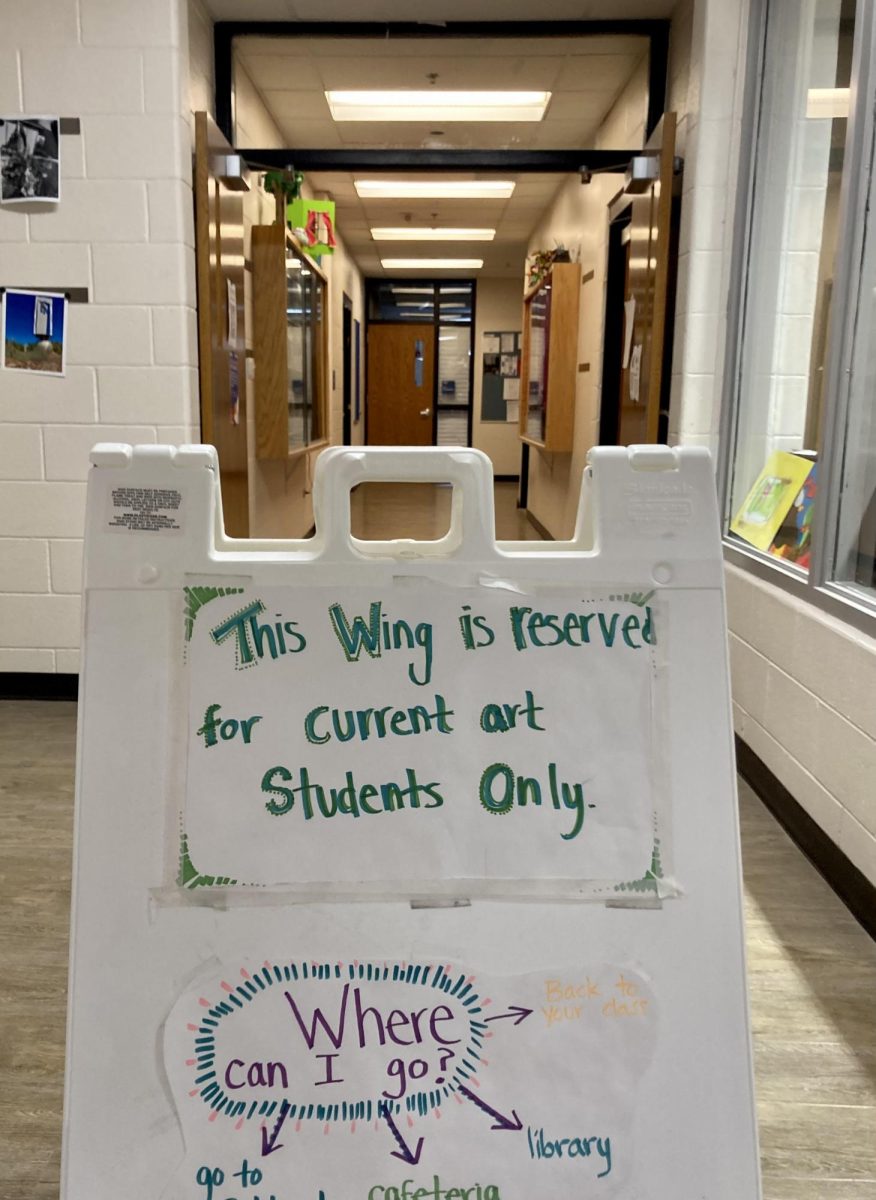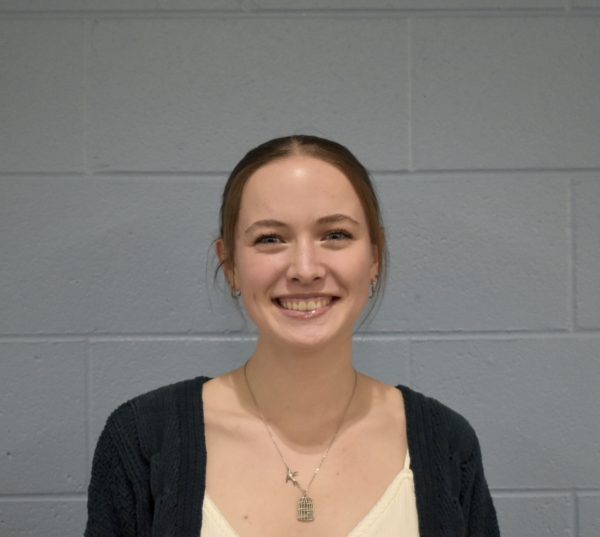This article was originally published in vol. 4 of the Denver Journal of Education and Community
The present state of our nation may draw unsettling similarities to the animosity of antebellum America. Still, I’m sure we can all agree that the digitized and globalized country we live in today looks nothing like the industrializing waves of grain and purple mountains of 150 years ago. In the year 1870, Colorado’s population was just short of 40,000; that same figure represents the number of engineers who currently reside in this state. A civilization of miners and farmers has turned into a booming center of innovation. It is thus illogical that the same foundation that the Framers of the Colorado Constitution drafted for the education system in 1876 would still uphold our schools today. Seeking new ways to combat education issues in the state, Right2Learn Dignity Lab created a new amended education clause. Its implementation is vital to the continuing development of our state.
A constitution is a bedrock. It must establish the values of a society, or they will not be upheld. As explained in DJEC’s article, “Amending Colorado’s Constitution: Educational Dignity”, the current educational clause does not state education as a fundamental human right, instead, making it out to be a “state service” (para. 2) which neglects to acknowledge many of the roles that school plays in our lives. Supported by Article 26 of the UN Universal Declaration of Human Rights, the amendment states that school is where personality, and thus the culture of a society is created.
Students like me have spent the better part of thirteen years in the school system. My formative memories, my closest friends, and my morals were all shaped in school. Students participate in clubs or practice before school, go to their classes, attend more practice or clubs after school, and then go home and do homework for an average of 5 hours. That leaves minimal time for social-emotional development outside of school. As stated by the Right2Learn Dignity Lab’s director, Tania Soto Valenzuela, online schooling during COVID-19 demonstrated for many parents the true impact that education has on their children’s holistic maturation. A school is more than just a place where students study reading, writing, and arithmetic; it is a haven for interpersonal emotional development and exploration.
The UN Convention on the Rights of the Child additionally asserts, in Article 28, section 2, that schools should be dignity-affirming institutions. This point is one that Right2Learn’s education clause takes care to include. As a student in Boulder Valley School District, who has also attended many out-of-state schools, I see the importance of a dignity-affirming school system, especially when many school districts fail to provide proper accommodations for neurodivergent, disabled, and disadvantaged students. This neglect forces students to face stereotypes about their differences instead of embracing their learning potential. Right2Learn’s more holistic clause has the power to reconstruct the way our school systems operate, ensuring that every student is given an equal opportunity to thrive.
Protecting student’s dignity has the potential to substantially alter everyday life in Colorado schools. As pointed out in the DJEC’s article, “Amending Colorado’s Constitution: Envisioning Change”, students are not afforded the right to determine when to use the restroom, rest, or eat. The restriction of autonomy that this creates denies students respect and maturity, making it difficult for them to develop in accordance with contradicting societal expectations. Right2Learn’s commitment to ensuring that children are afforded full dignity in schools could combat this issue, and enforce a more humane education for Coloradoans.
Across the country, schools are primarily funded by property tax. Equations that consider a variety of factors determine the amount of funding that each school receives. However, they often do not appropriately compensate for drastic differences in economic status across school districts, leaving many rural or disadvantaged schools with considerably deficient resources. Considering that Colorado has consistently fallen below the national average for per-pupil funding in schools, it is neglectful that the amended clause does not directly address this issue. For substantial change to be made, we must attack funding first, and the government’s wallet is not likely to be opened through indirect persuasion about dignity, and meaningful participation.
To accommodate for the demanding needs of a globalized and internet-controlled world, schools must become iconoclastic institutions, open to “discussion and dissent”. Only through this kind of openness and creativity can schools produce leaders who take agency over their minds and bodies. The declaration of education as a human right, the protection of student’s dignity, and more equitable funding are necessary to actuate these changes and forge a brighter future for Colorado.
Bibliography:
- Colorado Department of Education. “Colorado Public School Finance.” Colorado Department of Education, www.cde.state.co.us/communications/copublicschoolfinance.
- Blakemore, Erin. “Colorado Students Are Struggling with Literacy.” Metropolitan State University of Denver, March 6, 2024. red.msudenver.edu/2024/colorado-students-are-struggling-with-literacy/#:~:text=In%202021%20and%202022,%20the,of%20K-3%20students%20statewide.
- Denver Journal of Education and Community. “Amending Colorado’s Constitution: Envisioning Change.” Denver Journal of Education and Community, 20 Feb. 2024, djec.org/2024/02/20/amending-colorados-constitution-envisioning-change/.
- United Nations Human Rights Office of the High Commissioner. “Convention on the Rights of the Child.” United Nations, www.ohchr.org/en/instruments-mechanisms/instruments/convention-rights-child.
- United Nations General Assembly. “Universal Declaration of Human Rights.” United Nations, www.un.org/en/about-us/universal-declaration-of-human-rights.
- Turner, Cory, et al. “Why America’s Schools Have a Money Problem.” NPR, 18 Apr. 2016, www.npr.org/2016/04/18/474256366/why-americas-schools-have-a-money-problem#:~:text=The%20problem%20with%20a%20school,some%20states%20have%20stepped%20in.
- Hanushek, Eric A. “‘Of Greater Value than the Gold of Our Mountains’: The Right to Education in Colorado’s Nineteenth-Century Constitution.” University of Denver Sturm College of Law, June 11, 2012, https://papers.ssrn.com/sol3/papers.cfm?abstract_id=2082361.
- Ellard, Kerry. “Industrial Revolution and American Education.” Montessorium, Oct. 29, 2021. montessorium.com/blog/industrial-revolution-and-american-education.
- Colorado Office of Economic Development and International Trade. “Infrastructure Engineering.” Choose Colorado, choosecolorado.com/key-industries/infrastructure-engineering/#:~:text=Fortune%20500%20CH2M%20and%20Fentress,engineers%20who%20call%20Colorado%20home.
- Colorado Department of Transportation. “Historical Census Data.” Colorado Department of Transportation, dtdapps.coloradodot.info/staticdata/Statistics/dsp_folder/Demographic/HistoricalCensus.html














